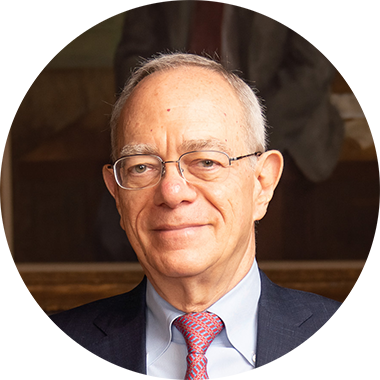
Host
L. Rafael Reif
MIT President
L. Rafael Reif became MIT’s 17th president in July 2012. He has fostered the growth of edX, the nonprofit online platform launched by Harvard and MIT, and findings from his Institute-wide Task Force on the Future of MIT Education are charting a path for MIT to help pioneer the future of higher education. Since creating the MIT Innovation Initiative, he has led an ambitious redevelopment of MIT’s innovation district, including the recent launch of The Engine, a specialized “tough tech” accelerator. He also created the Environmental Solutions Initiative, anchored by the Abdul Latif Jameel World Water and Food Systems Lab, and issued the MIT Plan for Action on Climate Change. Born in Venezuela, Reif earned a PhD in electrical engineering from Stanford University. On the MIT faculty since 1980, he is a member of the National Academy of Engineering.

Moderator
Eric Schmidt
Former CEO and Chairman, Google; Co-founder, Schmidt Futures
Eric Schmidt is an accomplished technologist, entrepreneur, and philanthropist. He joined Google in 2001 and helped grow the company from a Silicon Valley startup to a global leader in technology alongside founders Sergey Brin and Larry Page. Eric served as Google’s chief executive officer and chairman from 2001–2011 as well as executive chairman and technical advisor. Under his leadership, Google dramatically scaled its infrastructure and diversified its product offerings while maintaining a strong culture of innovation. In 2017, he cofounded Schmidt Futures, a philanthropic initiative designed to help exceptional people do more for others by applying science and technology thoughtfully and working together across fields.
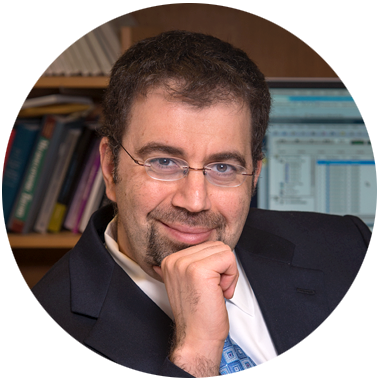
Panelist
Daron Acemoglu
MIT Institute Professor, Department of Economics
Daron Acemoglu is an Institute Professor at MIT and an elected fellow of the National Academy of Sciences, the American Academy of Arts and Sciences, the Econometric Society, and the Society of Labor Economists. His academic work covers a wide range of areas, including political economy, economic development, economic growth, inequality, labor economics, and economics of networks. He is the author of five books, including Why Nations Fail: Power, Prosperity, and Poverty and The Narrow Corridor: States, Societies, and the Fate of Liberty (both with James A. Robinson). Acemoglu has received numerous awards and prizes, including the Carnegie Fellowship in 2017, the Jean-Jacques Laffont Prize in 2018, and the Global Economy Prize in 2019. He was awarded the John Bates Clark Medal in 2005, the Erwin Plein Nemmers Prize in 2012, and the 2016 BBVA Frontiers of Knowledge Award.
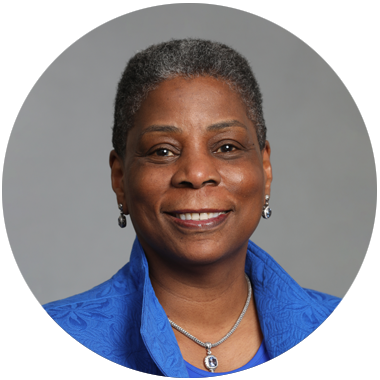
Panelist
Ursula Burns
Senior Advisor, Teneo Ltd.; Retired Chairman and CEO of VEON Ltd.; Retired Chairman and CEO of Xerox Corporation; Member, MIT Corporation
Ursula Burns has extensive international experience in large companies confronting technology change of their industries. In June 2017, she was appointed as chairman of VEON Ltd. She became chairman and CEO in December 2018 until June 2020. Burns joined Xerox as an intern in 1980 and ended up as the chairman of the board of the Xerox Corporation from 2010 to 2017. US President Barack Obama appointed Burns to help lead the White House national program on Science, Technology, Engineering, and Math (STEM) from 2009 to 2016. She also provides leadership counsel to several community, educational, and nonprofit organizations. Burns, who regularly appears on Fortune’s and Forbes’s lists of the world’s most powerful women, is a board director of Exxon Mobil, Nestlé, and Uber. She is a member of the National Academy of Engineering, the American Academy of Arts and Sciences, and the Royal Academy of Engineering.
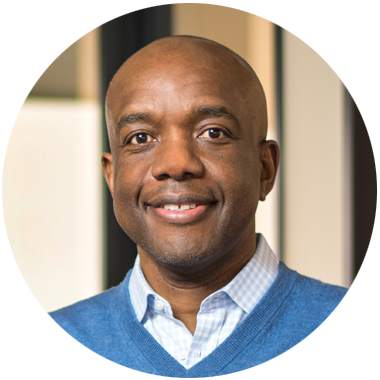
Panelist
James Manyika
Senior Partner, McKinsey & Company; Chairman and Director, McKinsey Global Institute
James Manyika is a senior partner at McKinsey & Company and chairman and director of McKinsey Global Institute. He was appointed vice chair of the Global Development Council at the White House by President Barack Obama and appointed by US Commerce Secretaries to the National Innovation Advisory Board and the Commerce Department’s Digital Economy Board of Advisors. He serves on the boards of Council on Foreign Relations, MacArthur Foundation, Hewlett Foundation, the Broad Institute of MIT and Harvard, and research advisory boards at MIT, Harvard, Oxford, and Stanford. He earned DPhil, MSc, and MA degrees in AI and robotics, mathematics, and computer science from Oxford as a Rhodes Scholar. Manyika was elected a fellow of the American Academy of Arts and Sciences, a fellow of the Royal Society of Arts, and a Distinguished Fellow of Stanford’s AI Institute.
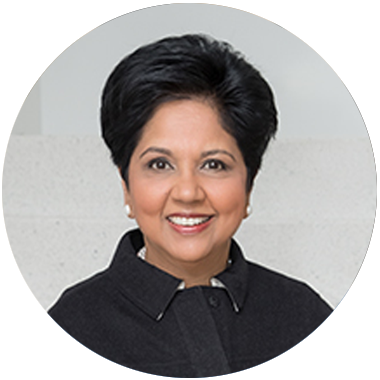
Panelist
Indra Nooyi
Former Chairman and CEO, PepsiCo; Co-chair, Reopen Connecticut Advisory Group; Member, MIT Corporation
Indra Nooyi served as chairman and CEO of PepsiCo, a Fortune 50 company with operations in more than 180 countries, from 2006 to 2019. She was the chief architect of Performance with Purpose, PepsiCo’s pledge to do what’s right for the business by being responsive to the needs of the world around us. Currently, Nooyi is a member of the board of Amazon and sits on the Audit Committee. She serves on the Global Leadership Board of edX, the world’s leading nonprofit online education platform, launched by Harvard and MIT. She is a member of the International Advisory Council of Temasek, an independent director of the International Cricket Council, and is a member of the American Academy of Arts and Sciences. She is also a Dean’s Advisory Council member at the MIT School of Engineering and a member of the MIT Corporation. Additionally, she is the Class of 1951 Chair for the Study of Leadership at West Point.
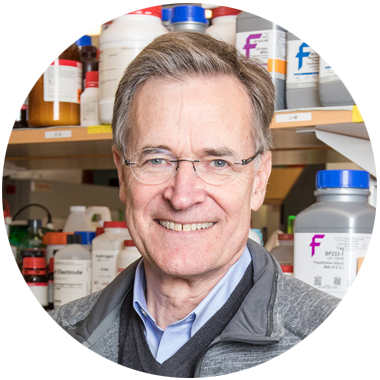
Panelist
Bruce Walker, MD
Director, Ragon Institute of MGH, MIT and Harvard; Professor of the Practice, MIT Institute for Medical Engineering and Science
Dr. Bruce Walker is the founding director of the Ragon Institute of MGH, MIT and Harvard, a professor of the practice of medicine at MIT, a professor of medicine at Harvard Medical School, and a Howard Hughes Medical Institute Investigator. His research focuses on how the body’s immune system fights back against viral infections, and why it sometimes loses that battle and sometimes wins. He is also the co-leader of the Massachusetts Consortium on Pathogen Readiness (MassCPR), a collaboration involving MIT, Harvard, Tufts, Boston University, and UMass and their teaching hospitals to respond to the Covid-19 crisis.
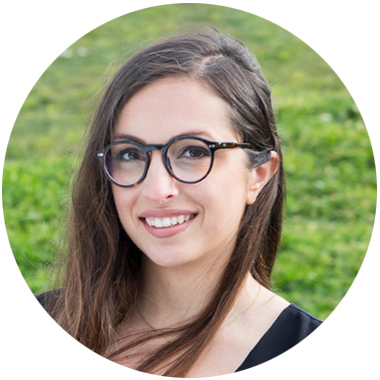
Today’s Innovators Presentation
Newsha Ghaeli
Cofounder, Biobot Analytics
Newsha Ghaeli is the president and cofounder of Biobot Analytics, the first company in the world to commercialize data from sewage. She is an urban studies researcher who explores applications for technology in urban systems to build more responsive, resilient, and efficient cities. Prior to Biobot, Ghaeli was a research fellow and project lead at the MIT Senseable Cities Lab and an instructor in the Department of Urban Studies and Planning. She has collaborated with the World Economic Forum’s Council on the Future of Cities, the UN Climate Change Summit, and the US Department of Energy, and has consulted for the government of American Samoa on tsunami-resilient communities. Ghaeli earned a Honours Bachelor of Architectural Studies from the University of Waterloo, Ontario, Canada, and a master’s of architecture from McGill University.
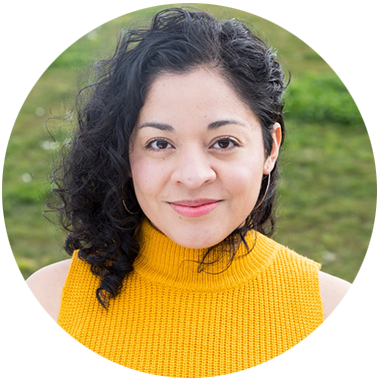
Today’s Innovators Presentation
Mariana Matus PhD ’18
Cofounder, Biobot Analytics
Mariana Matus PhD ’18 is CEO and cofounder of Biobot Analytics, whose technology generates unique public health insights from sewage. The company has built the largest network of communities implementing waterwater epidemiology to track Covid-19. Matus heads product and technology development and has a decade of experience leading interdisciplinary teams of engineers, biologists, chemists, and data scientists. She cofounded the MIT Underworlds Smart Sewers Project in collaboration with the MIT School of Architecture’s Senseable City Lab in 2015. Matus earned an MS in biotechnology from Wageningen University, a BSc in genomics from UNAM Mexico, and a PhD in computational biology from MIT.